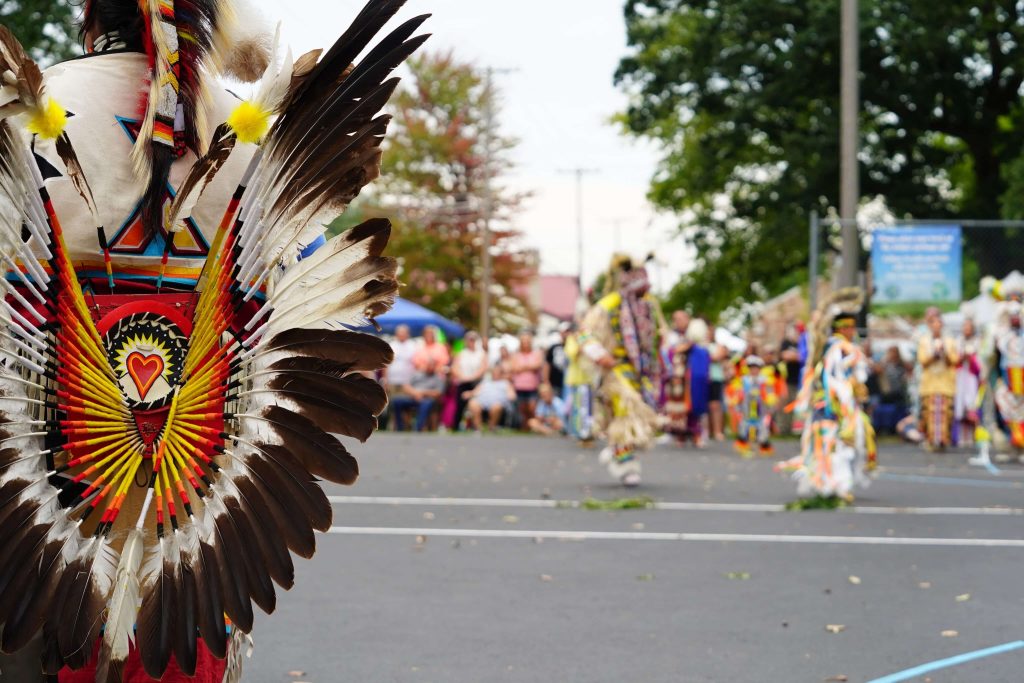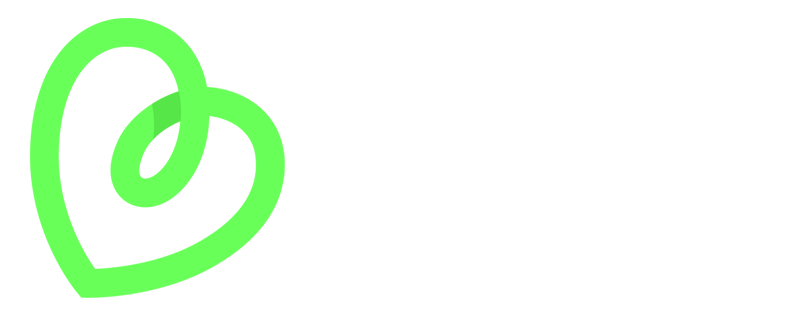
acially Diverse Tribe in the Great Lakes Region Announces Decriminalization of Cannabis
A Historic Day for Ho-Chunk: Tribe Decriminalizes Cannabis
The Ho-Chunk Nation, a federally recognized tribe primarily located in the Great Lakes region, has made a bold move towards cannabis decriminalization. In a statement to the Milwaukee Journal Sentinel, the tribe acknowledged the natural and functional benefits of marijuana and hemp, which have been used by indigenous people for centuries.
According to Rob Pero, founder of the Indigenous Cannabis Industry Association, this decision marks a significant step towards increasing accessibility to plant medicine and creating sustainable economic opportunities for the tribe. He also believes that the Ho-Chunk Nation is positioning itself to lead the industry and improve the health and wellbeing of its people.
Navigating the Complex Landscape of Cannabis Policy
Pero also highlighted the complex landscape of cannabis policy, which requires tribes to navigate through local, tribal, state, and federal laws. However, he sees this reclassification as empowering for tribes, allowing them to engage in all aspects of the supply chain and even facilitate interstate commerce.
The Ho-Chunk Nation made the announcement on April 30, with Wisconsin Public Radio reporting that cannabis will be decriminalized on tribal lands and Ho-Chunk police will not issue citations for possession. However, it is important to note that this does not mean marijuana is legal on tribal lands.
Challenges Ahead for the Ho-Chunk Nation
Wisconsin Public Radio pointed out that tribal law experts advise that marijuana is still illegal on tribal lands and that county or state police could still issue citations. This is due to a law known as Public Law 280, which gives Wisconsin criminal jurisdiction over Native Americans on reservation land, except for the Menominee tribe.
This could make it difficult for the Ho-Chunk Nation to set up cannabis businesses for medicinal or recreational purposes, and may even deter customers who currently travel to neighboring states where cannabis is legal.
The Ho-Chunk Nation’s Government Structure
According to the tribe’s official website, the Ho-Chunk Nation legislature is made up of four branches of government: executive, legislative, judicial, and the general council. The legislative branch is comprised of 13 representatives from four districts, who can serve up to two terms of four years. Three of the districts are in Wisconsin, while the fourth covers all districts outside of Wisconsin.
Wisconsin’s Total Prohibition on Cannabis
It is worth noting that both medical and recreational cannabis are illegal in Wisconsin, making it one of the few remaining states with total prohibition on marijuana. However, the Ho-Chunk Nation’s decision to decriminalize cannabis is a significant step towards challenging this prohibition and promoting diversity in the cannabis industry.









